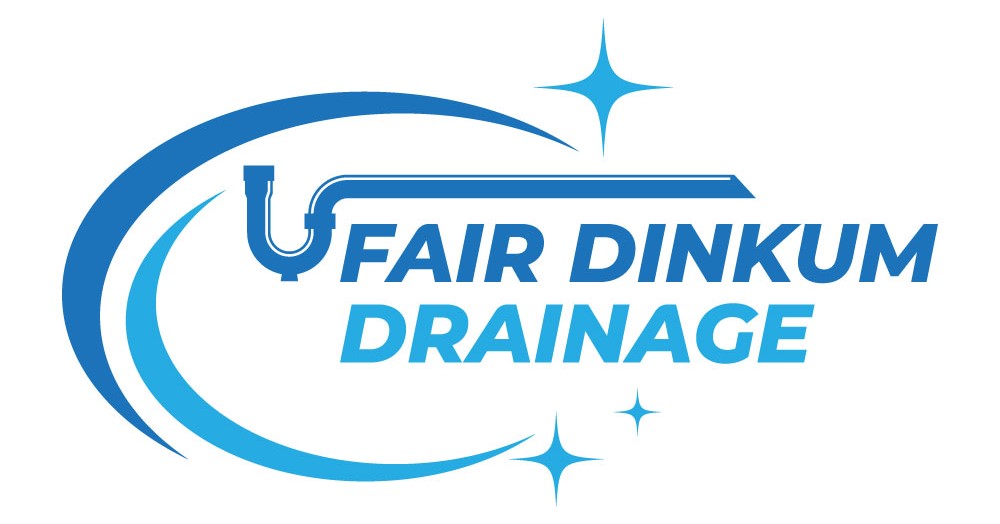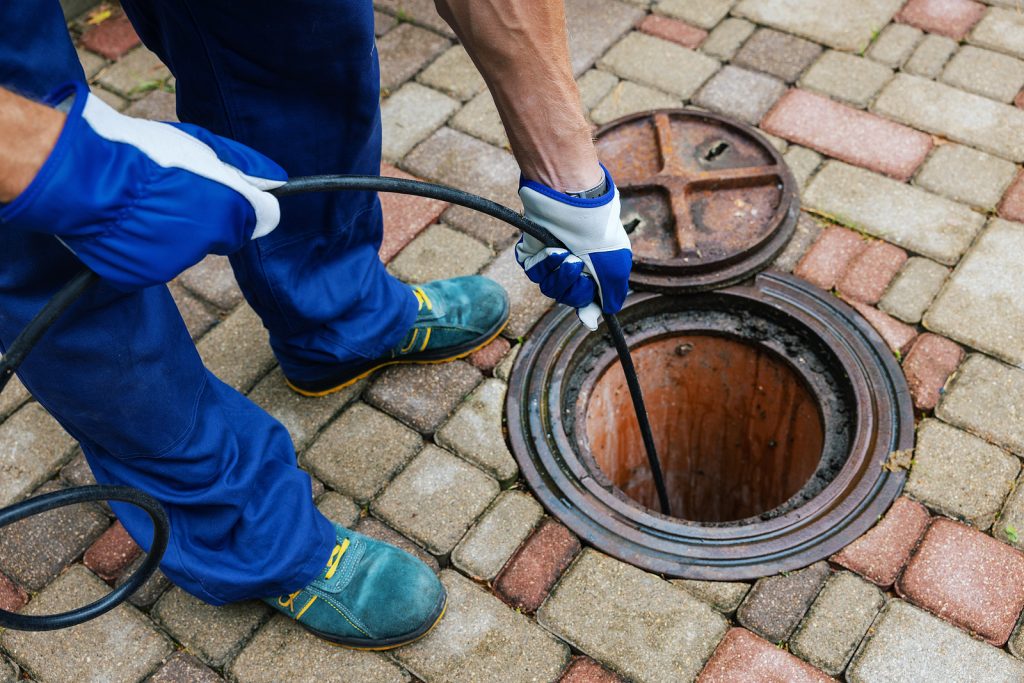Introduction
One of the most irritating common domestic plumbing problems is a blocked drain. Blocked drains create a stench, which could be a symptom of more severe issues developing in your plumbing system. Knowledge of regular causes of blockage and measures that you can take to avoid. Such occurrences is reasonably practical when it comes to extra costs and inconveniences.
1: Grease, Fat, and Oil
Another widespread reason for drain blockages is solidified fat deposits found in sink pipes, especially in the kitchen. These substances are typically flushed down a sink when cooking or cleaning utensils, but they begin to solidify when they cool and block the pipes. Gradually, there is accumulation that may clog the drain and lead to slow drainage.
Prevention Tips:
- Do not dispose of grease in the kitchen sink. However, place used cooking oil and grease in another container then throw it into the garbage bin.
- You should avoid washing the pans without first absorbing any remaining oil or fat with a paper towel.
- You should think of installing a grease trap or interceptor in the kitchen plumbing system to prevent grease from going to the drain.
2: Hair and Soap Scum
In bathrooms, hair, as well as soap scum, is most likely to cause the problem of blocked drains. Hair can quickly clog the drain and mix with the soapy scum to form a very tight ball of combined substance. These deposits build up to a level where they effectively clog drain pipes, resulting in slow or even a blockage on the drain.
Prevention Tips:
- Install drain guards.
- Always try using a drain cleaning tool.
3: Food Waste
Food waste can choke the kitchen sink drain even if you have a garbage disposal. Solid and stringy food leftovers such as potato skin, egg shells, and coffee grounds can also block the pipe if not dumped correctly. This is similar to how other starchy food products, such as rice and pasta, form an obstruction when they swell up in water.

Prevention Tips:
- Do not dispose of fibrous foods, grease, or large pieces of food through the disposal.
- Torn food waste should be disposed of through the bin or the dust bin.
- Rinse dishes properly.
4: Tree Roots
If you have a Blocked Drain outside your home, then it is most likely that roots are growing in your pipes. Tree roots always go where moisture is, and since your drain pipes may have tiny crevices or leakages, the roots will find their way into your system and wreak havoc. Eventually, they can effectively seal off any wastewater flow, which will result in waste back-ups as well as costly repairs.
Prevention Tips:
- Regular pipe maintenance.
- Use root inhibitors.
- Install root barriers.
5: Foreign Objects
Children, animals, and, at times, adults also dispose of non-degradable material through the flush or wash it down to keep the drain clean. Everything from toys and jewellery to cleaning wipes, cotton balls, and paper towels can clog the pipes due to foreign objects.
Prevention Tips:
- All household members should understand what should be flushed or washed down the drain and what should not be done.
- Place a trash container in the bathroom to avoid occasionally moving it to the kitchen.
- Check drains regularly.
6: Mineral Build-Up
Prevention Tips:
- Install a water softener for drain cleaning.
- Use decaling products.
- To clean faucet and showerhead accumulations caused by hard water, use vinegar, which softens deposits.
7: Clogged Vent Pipes
Each plumbing system has a vent pipe through which air can enter to aid water drainage. If leaves, birds’ nests, or even snow block the vent pipe, proper drainage in the whole system will likely be affected.

Prevention Tips:
- Inspect vent pipes regularly.
- Trim overhanging branches.
- Clear the vent pipe.
8: Old or Damaged Pipes
Old houses have one disadvantage: pipework may be decaying and, therefore, prone to causing frequent blockages. Eventually, pipes may break down, rust, or burst, and thus are more likely to become blocked. Increases in root infiltration, mineral deposits on the inner surface of the pipes, and general deterioration of the pipes as a result of wear and tear will enhance this issue.
Prevention Tips:
- Check on rusty pipes.
- It is advised to take frequent plumbing checkups.
Conclusion
Blocked drains are not just an inconvenience but can also lead to significant plumbing issues and costly repairs if not addressed promptly. By understanding the common causes—such as grease buildup, hair and soap scum, food waste, tree roots, foreign objects, mineral deposits, clogged vent pipes, and old or damaged pipes. You can take proactive measures to prevent blockages. Implementing simple prevention tips like proper waste disposal, regular maintenance, and using appropriate plumbing accessories can save you time, money, and frustration. A little attention to your plumbing system can go a long way in ensuring a smooth and efficient drainage system in your home.
Follow us on Instagram for more updates and tips!

